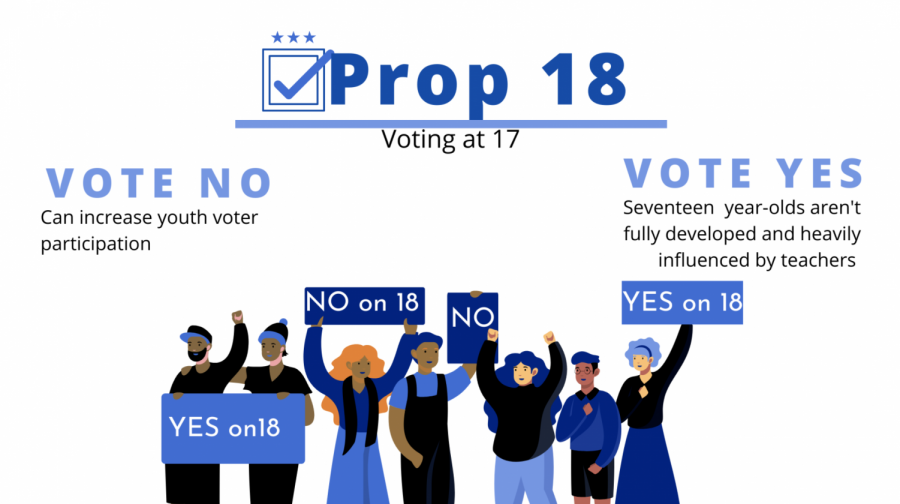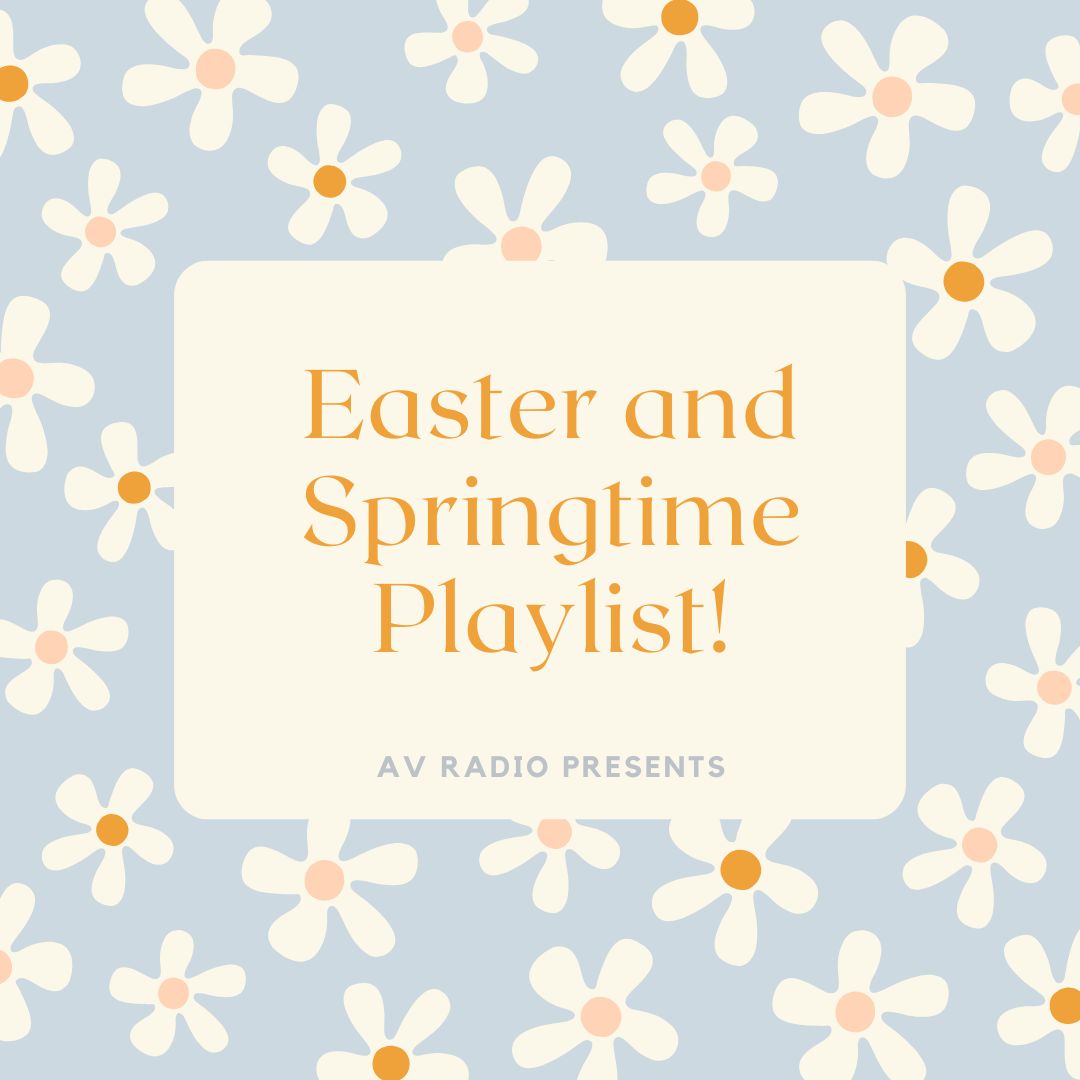Prop 18: Voting at 17
Prop 18 would include new, younger, voters in primary and special elections.
November 1, 2020
OVERVIEW
Of the twelve ballot measures approved for the November election, Proposition 18 is one of two suffrage propositions on the California ballot this year, also being noted as an LRCA.
According to the Official Voter Information Guide, if amended, this proposition will “[amend] California constitution to permit 17-year-olds to vote in primary and special elections if they will turn 18 by the next general election and be otherwise eligible to vote.”
As with any new measure, it is important to assess the fiscal effects of Proposition 18. In simple terms, this means the costs relating to or resulting from this potential amendment.
If passed, there would be a greater amount of eligible voters in primary and special elections, which means there would also be a greater amount of resources needed. This includes both the physical labor of county election officials as well as the materials to be sent out to voters.
The Official Voter Information Guide suggests that increased work may also increase “statewide county costs in each two-year election cycle likely between several hundreds of thousands of dollars and $1 million.”
Furthermore, there would also be a minor one-time state cost, as the passing of this proposition would require the state to update its existing voter registration systems.
This one-time cost is estimated to be in the hundreds of thousands of dollars, less than 1 percent of California’s current General Fund spending, all according to the Official Voter Information Guide.
The March 2020 primary boasted the highest voter turnout in California presidential primary history, with 38% of eligible voters casting a ballot.
“I think there will be a lot of split opinions on this prop. Many older voters may not appreciate this prop and believe kids are too young to vote. However, parents with politically active children and younger voters might vote yes,” said Chloe Fields (‘21).
The underlying idea behind ballot measures is to improve our society by staying true to our country’s founding ideals of equality, rights, liberty, opportunity, and democracy. No matter how you vote, be sure to fully educate yourself first.
PROS
Proponents of Proposition 18 argue that first-time voters should be allowed to participate in a full election cycle, something essential to boosting youth civic engagement in our democracy. And individuals who vote once are more likely to repeat this democratic process, as studies show voting to be habit-forming,
While the group most sharply affected by this possible amendment is currently unable to vote, they can still share their thoughts.
“It’s letting a wider demographic vote, and that could help with getting more voices of people heard, as individuals who normally aren’t eligible don’t have to wait another 4 years before being able to cast their votes. Especially now, when voting is more important than ever, and since 2024 is the next period; I think Proposition 18 will be crucial,” said Elizabeth Hong (‘24).
Proponents believe that 17-year-olds are old enough to enlist in the military, have a job, and pay taxes; they deserve the right to vote in primaries and special elections if they will be 18 years old by the time of the general election.
CONS
The main rebuttal to the argument in favor of Proposition 18 is that, while some 17-year-olds may be responsible and wanting to vote, they are not ready. This is supported by research highlighting that the logic and reasoning area of their brains is not yet fully developed.
“I think prop 18 is good in theory. There are many politically active 17 year olds, such as myself, who would take the opportunity to use their vote to create change. However, it is unknown how many of these 17 year olds will vote responsibly. In addition, there will be financial drawbacks to this prop,” said Fields.
Critics of the proposition argue that 17-year-olds are not legally adults, referencing additional rules and restrictions placed on licensed minors because of concerns about maturity and judgement as well as the belief that they have no real world experience.
“[High] school seniors would have a say in deciding tax measures…that only adults will have to pay,” said California Republican Party Chairwoman Jessica Millan Patterson.
There are further arguments stressing worries that 17-year-olds are captive audiences in school and are therefore vulnerable to one-sided influence. However, Education Code section 7054(a) states that “no school district…funds, services, supplies, or equipment shall be used for the purpose of urging the support or defeat of any ballot measure or candidate.”





